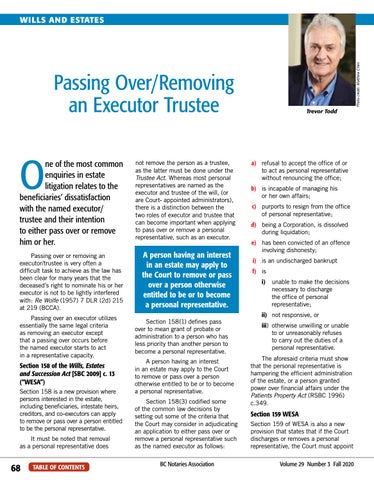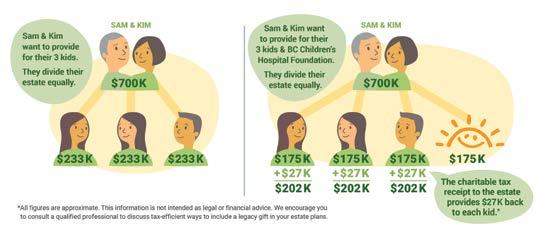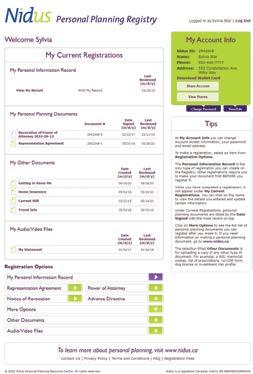Photo credit: Matthew Chen
WILLS AND ESTATES
Passing Over/Removing an Executor Trustee
O
ne of the most common enquiries in estate litigation relates to the beneficiaries’ dissatisfaction with the named executor/ trustee and their intention to either pass over or remove him or her.
not remove the person as a trustee, as the latter must be done under the Trustee Act. Whereas most personal representatives are named as the executor and trustee of the will, (or are Court- appointed administrators), there is a distinction between the two roles of executor and trustee that can become important when applying to pass over or remove a personal representative, such as an executor.
Passing over or removing an executor/trustee is very often a difficult task to achieve as the law has been clear for many years that the deceased’s right to nominate his or her executor is not to be lightly interfered with: Re Wolfe (1957) 7 DLR (2d) 215 at 219 (BCCA).
A person having an interest in an estate may apply to the Court to remove or pass over a person otherwise entitled to be or to become a personal representative.
Passing over an executor utilizes essentially the same legal criteria as removing an executor except that a passing over occurs before the named executor starts to act in a representative capacity.
Section 158 of the Wills, Estates and Succession Act [SBC 2009] c. 13 (“WESA”) Section 158 is a new provision where persons interested in the estate, including beneficiaries, intestate heirs, creditors, and co-executors can apply to remove or pass over a person entitled to be the personal representative. It must be noted that removal as a personal representative does
68
TABLE OF CONTENTS
Section 158(1) defines pass over to mean grant of probate or administration to a person who has less priority than another person to become a personal representative. A person having an interest in an estate may apply to the Court to remove or pass over a person otherwise entitled to be or to become a personal representative. Section 158(3) codified some of the common law decisions by setting out some of the criteria that the Court may consider in adjudicating an application to either pass over or remove a personal representative such as the named executor as follows: BC Notaries Association
Trevor Todd
a) refusal to accept the office of or to act as personal representative without renouncing the office; b) is incapable of managing his or her own affairs; c) purports to resign from the office of personal representative; d) being a Corporation, is dissolved during liquidation; e) has been convicted of an offence involving dishonesty; i) is an undischarged bankrupt f) is i) unable to make the decisions necessary to discharge the office of personal representative; ii) not responsive, or iii) otherwise unwilling or unable to or unreasonably refuses to carry out the duties of a personal representative. The aforesaid criteria must show that the personal representative is hampering the efficient administration of the estate, or a person granted power over financial affairs under the Patients Property Act (RSBC 1996) c.349.
Section 159 WESA Section 159 of WESA is also a new provision that states that if the Court discharges or removes a personal representative, the Court must appoint Volume 29 Number 3 Fall 2020

























